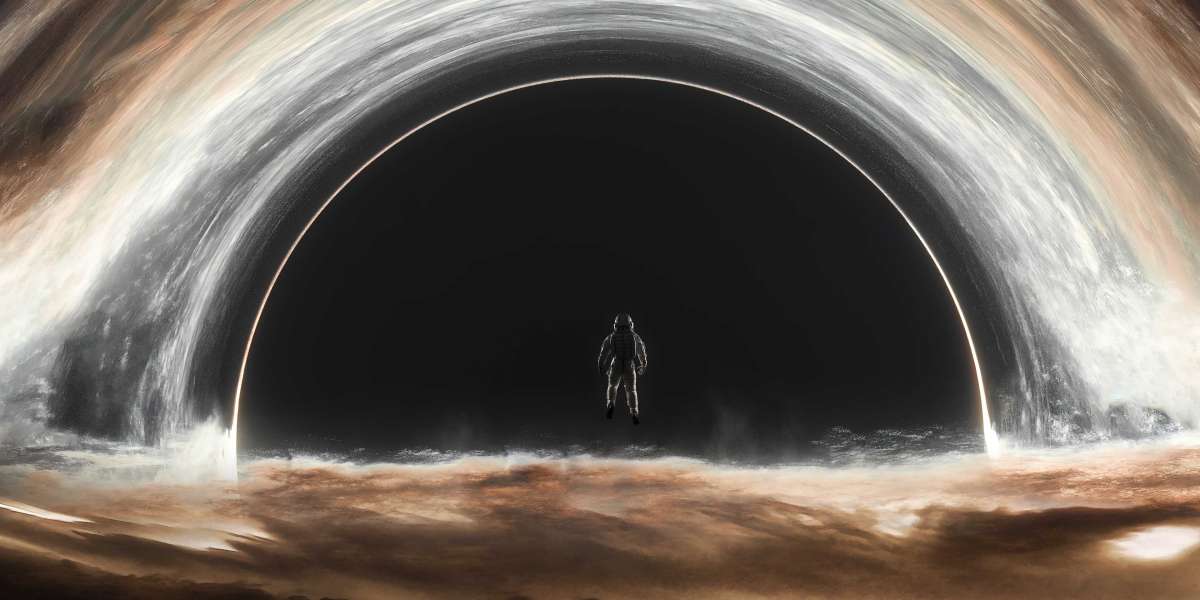The realm of smart home cameras has seen remarkable advancements over the past few years. As technology continues to evolve, the future holds even more promising innovations. This blog post delves into the upcoming trends and developments in smart home camera technology, offering a comprehensive overview of what to expect next.
Enhanced AI Capabilities
Artificial Intelligence (AI) has already made significant inroads in the smart home camera industry. The next wave of innovations will see even more sophisticated AI capabilities. Future smart cameras will not only detect motion but also differentiate between humans, pets, and inanimate objects. This will reduce false alarms and provide more accurate security alerts.
For instance, imagine a camera that can recognize familiar faces and notify you only when an unfamiliar person is detected. Such advancements will make home security systems more reliable and user-friendly.
Integration with Smart Home Ecosystems
As smart home ecosystems become more interconnected, smart cameras will play a crucial role in this integration. Future cameras will seamlessly connect with other smart devices, such as lights, locks, and thermostats, to create a cohesive and automated home environment.
For example, a smart camera could trigger the lights to turn on when it detects motion at night, or lock the doors when it senses that everyone has left the house. This level of integration will enhance both security and convenience for homeowners.
Improved Video Quality and Storage Solutions
Video quality is a critical aspect of smart home cameras. The next generation of cameras will offer ultra-high-definition (UHD) video, providing clearer and more detailed footage. This will be particularly useful for identifying intruders or monitoring specific areas of the home.
Additionally, advancements in storage solutions will address the challenge of managing large video files. Cloud storage will become more affordable and secure, while local storage options will offer higher capacities and faster access times. These improvements will ensure that users can store and retrieve their video footage with ease.
Privacy and Data Security Enhancements
With the increasing use of smart home cameras, concerns about privacy and data security have also risen. Future innovations will focus on addressing these concerns by implementing robust encryption methods and secure data transmission protocols.
For example, end-to-end encryption will become a standard feature, ensuring that video footage is only accessible to authorized users. Additionally, manufacturers will adopt more transparent data policies, giving users greater control over their personal information.
Advanced Analytics and Insights
Beyond basic security functions, smart home cameras will offer advanced analytics and insights. These features will provide homeowners with valuable information about their living environment and habits.
For instance, cameras equipped with environmental sensors could monitor air quality, temperature, and humidity levels. This data can help homeowners optimize their living conditions and make informed decisions about energy usage and home maintenance.
Conclusion
The future of smart home camera technology is brimming with exciting possibilities. Enhanced AI capabilities, seamless integration with smart home ecosystems, improved video quality and storage solutions, and robust privacy and data security measures are just a few of the innovations to look forward to. As these technologies continue to evolve, they will undoubtedly transform the way we secure and interact with our homes.
Stay tuned for more updates on the latest trends and developments in smart home camera technology. The future is bright, and the possibilities are endless.








